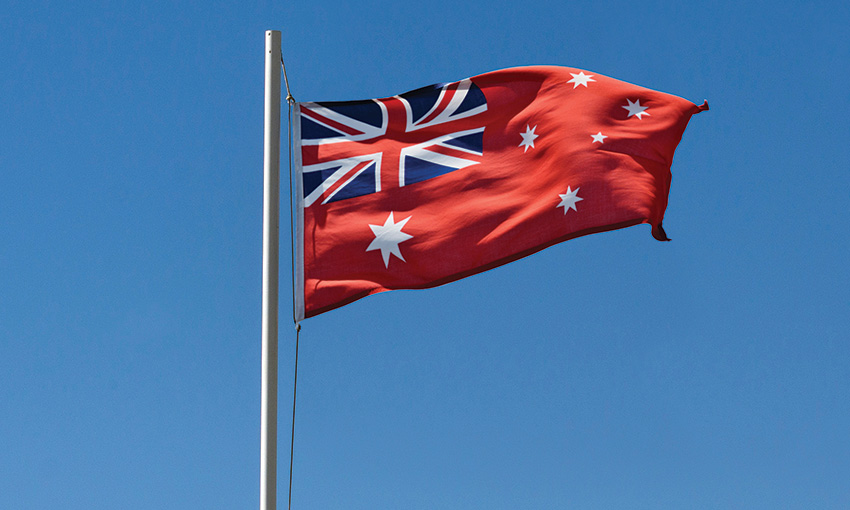WESTERN Australia’s Shipping and Supply Chain Taskforce has recommended policy and regulatory reforms to support Australian-owned shipping lines competing in domestic sea-freight work.
The taskforce, established in March 2022, had a mandate to examine the resilience of the state’s shipping industry and vital supply chains after floods severed the main east-west rail line in late January of the same year.
The taskforce is co-chaired by Mining and Pastoral Region MLC Kyle McGinn and Kinglsey MLA Jessica Stojkovski.
The recommendations
The report outlined 14 recommendations for the state government to take up. Some recommendations are broad in nature, and some very specific and targeted.
The headline recommendation is that the WA government work with the federal government and other states to change the national coastal shipping regime to encourage an Australian-flagged fleet to trade on coastal routes by “levelling the field with international carriers”.
Specifically, the report calls for a reform to taxation laws relating to Australian seafarers. It also calls on rules around the Australian International Shipping Register to be reformed to reduce the commercial restrictions on Australian carriers. And it also calls for a change in the rules that apply to Australian domestic voyages to incentivise the use of Australian-flagged vessels.
Another recommendation called for the state government to support the Commonwealth government in its development of a strategic fleet. It said WA – particularly the Kimberley – would be a good place to commence operation of such vessels, given its relative isolation.
The report also recommended the WA government develop a business case for a regular small-scale ro-ro and container service to operate between WA and the eastern states.
“This service would augment land transport services and be available for some targeted emergency relief during local climactic or other disruptions to essential supply chains,” the report’s authors wrote.
“A service of this nature would also be suitable for operations a training vessel for Western Australian seafarers.”
Another significant recommendation of the report is to build on existing cadetship schemes, such as the one run by the Pilbara Ports Authority.
The report also recommends that the state develop opportunities to enter into sponsorship partnerships with carriers service Australia regularly to help Western Australian seafarers obtain sea time.
The report also identifies ways in which shipping could be used to relieve supply-chain weaknesses in Northern Australia and in remote WA communities.
The taskforce will continue to operate under the leadership of Mr McGinn and Kimberley MLA Divina D’Anna.
First point of entry status for the Kimberley
The state government said it is committed to gaining first point of entry status from the federal government for the Kimberley ports of Broome and Wyndham.
FPOE ports are certified to receive imported goods from ships sailing directly from foreign ports. Such ports require suitable bio-security infrastructure and inspection resources to manage risk.
Ports minister David Michael has written to the federal government to present the taskforce’s report and call for the granting of FPOE status for Kimberley ports.
“Australia now has very few ships serving our ports under Australian flags. Most shipping serving Australian ports is foreign-owned and crewed,” Mr Michael said.
“As an island nation highly dependent on seaborne trade, I’d like to see this change. Global security concerns suggest that having more Australian shipping would be in the national interest.”
More risk of natural disaster
Mr McGinn said the risk of interruptions to rail and road supply chains serving WA is growing each year due to climate change, flooding and fire.
“If properly supported, Australian flagged and crewed vessels can strengthen our essential supply chains in future,” he said.
“Increased shipping capability will also help provide better training and career pathways for Australian maritime workers, not just on ships but in a range of essential professions in our ports, such as pilotage and harbour management.”
Ms D’Anna said supply chains in remote areas such as the Kimberley are fragile, especially in the wet season.
“The flooding last summer overwhelmed roads and bridges causing major shortages of essential goods for our communities,” she said.
“Better access for shipping and improved logistics infrastructure would create more security in all seasons for the Kimberley.”
The full report can be read on the WA government’s website.





